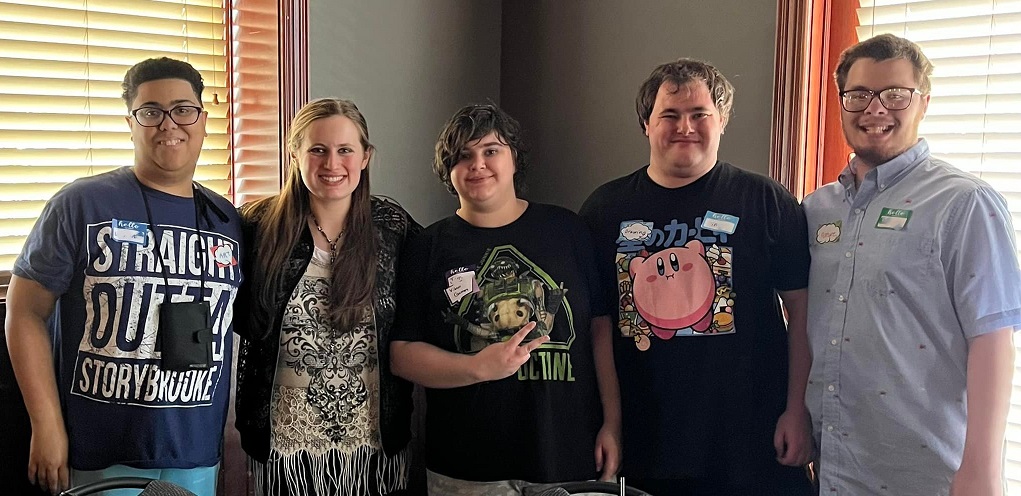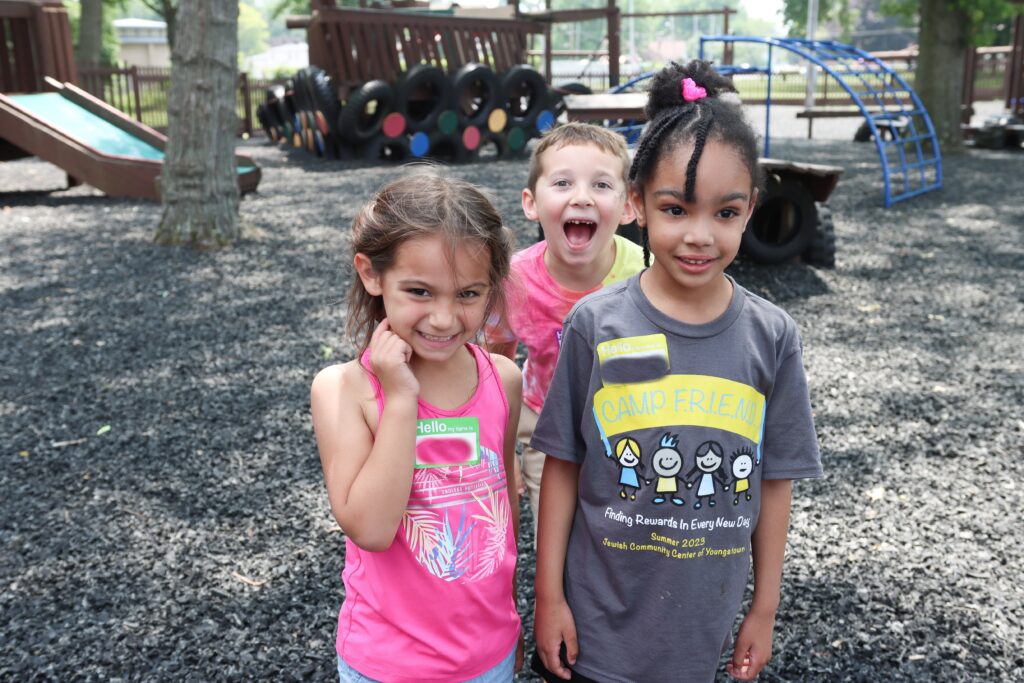Even beyond her work as the director of the Autism Society of the Mahoning Valley, Robin Suzelis is familiar with the challenges of raising children with autism. That familiarity helps drive her work at the nonprofit to make sure it’s always doing everything it can to provide whatever support is needed.
“There are so many needs that parents of neurotypical children don’t think about. At the age my oldest is at, other parents are thinking about college, but we’re thinking about how he’s going to be cared for long-term between our spending and the little bit of government assistance that’s available,” she says. “It’s hard to think about, let alone plan for.”
Providing support for families – not just in the moment of diagnosis, but in the long-term as they start to think about things like guardianship, lifelong care and socializing– has become the core of what the Autism Society does. Connecting families to doctors and information on autism is important, but so are other programs that offer individuals a chance to relax, have fun and grow as people.
Started a decade ago, Camp FRIEND was launched to offer kids not only typical summer camp activities like art, fitness and music but also community immersion like going out to eat together and going bowling. Beyond that, the Autism Society offers monthly nights out for parents, seasonal holiday events and the monthly Social Connections program, which offers teens and adults up to 35 with autism a chance to socialize and make friends.

“A lot of people crave and need that socialization. … The Autism Society wants to create inclusive experiences that support people at all levels,” says treasurer Katie DeGennaro. “It may just be our families out bowling, but it may be the case that they’ve never been out bowling because it’s overstimulating. … It’s not just bowling, it’s about forming friendships because we see that’s what they crave but they don’t always know how.”
And even with that slate of programs, the team at the Autism Society is never done thinking about what else could be done.
“We always ask ourselves ‘What are we not providing?’ to get us thinking about what we should be doing. Because of that, we started our Social Connections program because there wasn’t really anything out there for teens and adults with autism to get together, see friends, and meet new people,” DeGennaro says. “When we aren’t doing something but someone else is, we do what we can to support them. It could be easy to have me answer the phones, host a couple of events and say our work is done. But as a bridge organization, we’re always working to expand our programs and connect people to what other organizations serving people with autism are doing.”
It was that approach that led the society to open an agency fund with the Community Foundation of the Mahoning Valley. Every year, the need for the Autism Society’s services grows – Suzelis says that in her time at the organization, the number of phone calls and emails requesting support has doubled – and so too does the need for long-term planning. The society’s leadership and team of volunteers and supporters are great at providing the much-needed services, DeGennaro says, but they don’t have the time or expertise to manage a fund.
“We’re trying to figure out how we can always support families in all three counties – Mahoning, Trumbull and Columbiana – and have the funds available to do that,” she says. “We know that it’s best to let people with experience help us so we can focus on supporting people with autism.”
While the exact purpose of the fund is still being worked out, the broad strokes are in place, Suzelis and DeGennaro say. The idea of opening an agency fund grew out of discussions to launch a project that would help families cover the expenses of creating an estate plan so that parents can have the peace of mind that their children are cared for when they’re no longer able to. From there, the idea expanded to include helping cover emergency expenses.
“There’s a lot of support and funding for kids. Potential Development, the Rich Center, therapy groups and a lot of other groups support younger kids but as your kids get older, there’s less and less available. It falls on the parents and we want to support them,” DeGennaro says. “This fund is something that needs to be built up and grown so that there’s sustainability. But in the end, we want this to support all of our programs, not just one particular project.”

With more than 50 events every year with Suzelis serving as the organization’s only year-round employee, the Autism Society also has a part-time program assistant. In addition, the organization hires many teachers and therapists to support the individuals in their programs. There is also a mighty team of dedicated board members, volunteers, and supporters – offering personalized support to each person who reaches out or attends a program is a challenge.
“The thread we see in our work, year after year, is that we know the resources when not everyone does,” Suzelis says. “And with [those resources] expanding every year, we know we have to reach a broader set of people and to do that, we know we need funding well into the future because autism isn’t going away. More people are being diagnosed every day and we need to build for their future.”
For more information on the Autism Society Mahoning Valley, visit their website at AutismSocietyMV.org. Donations can be made to their agency fund HERE.
